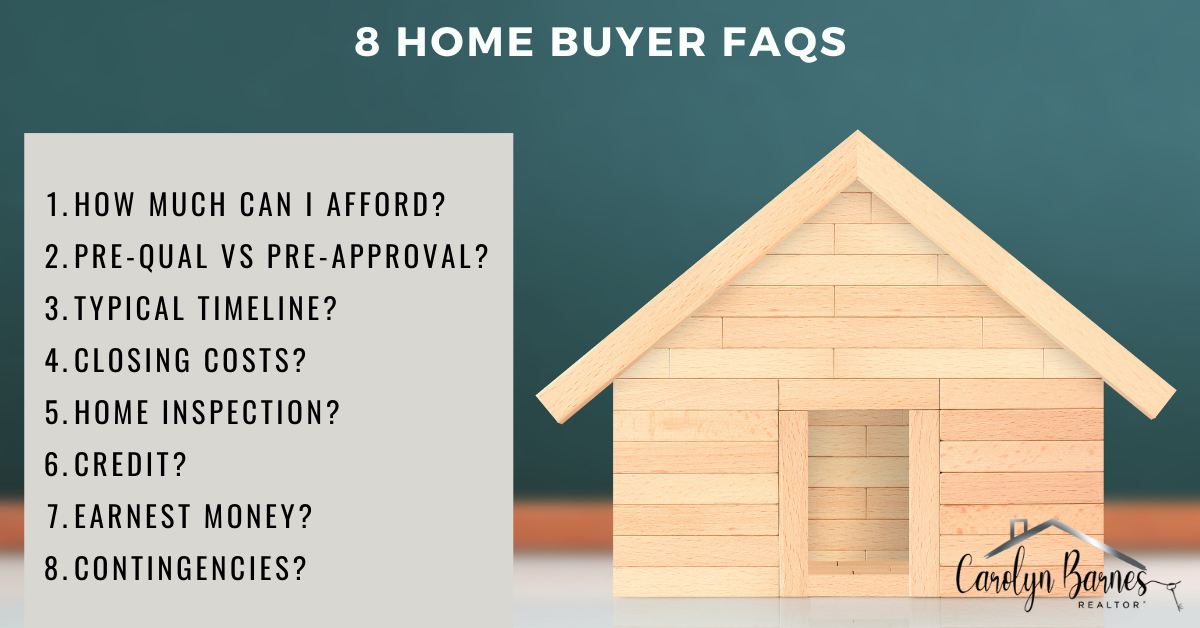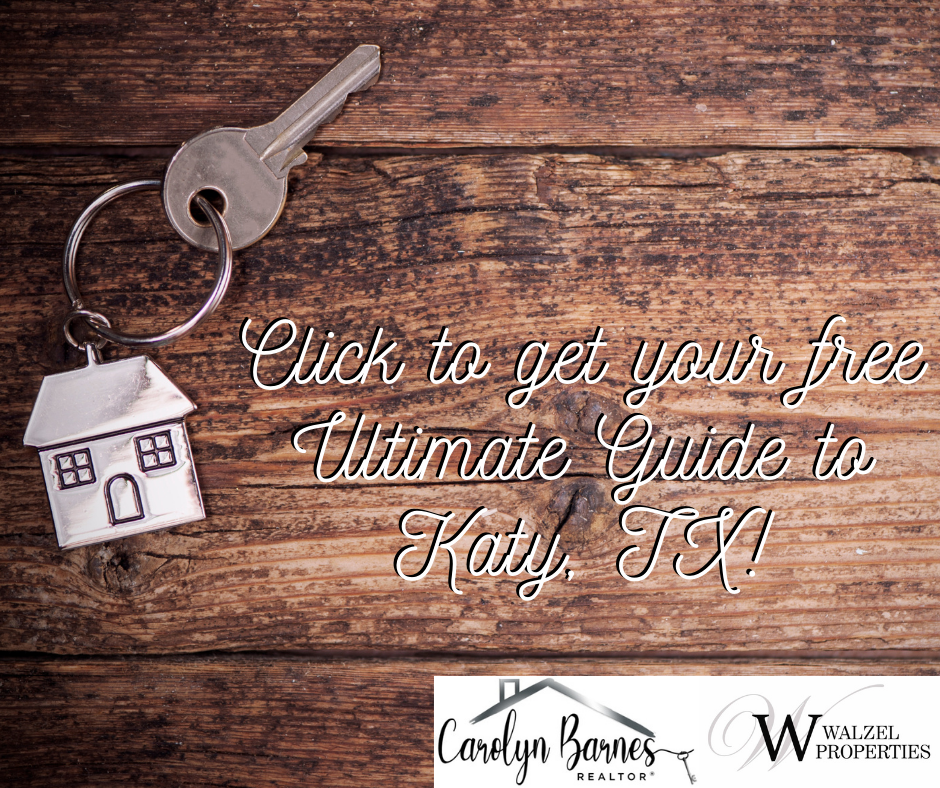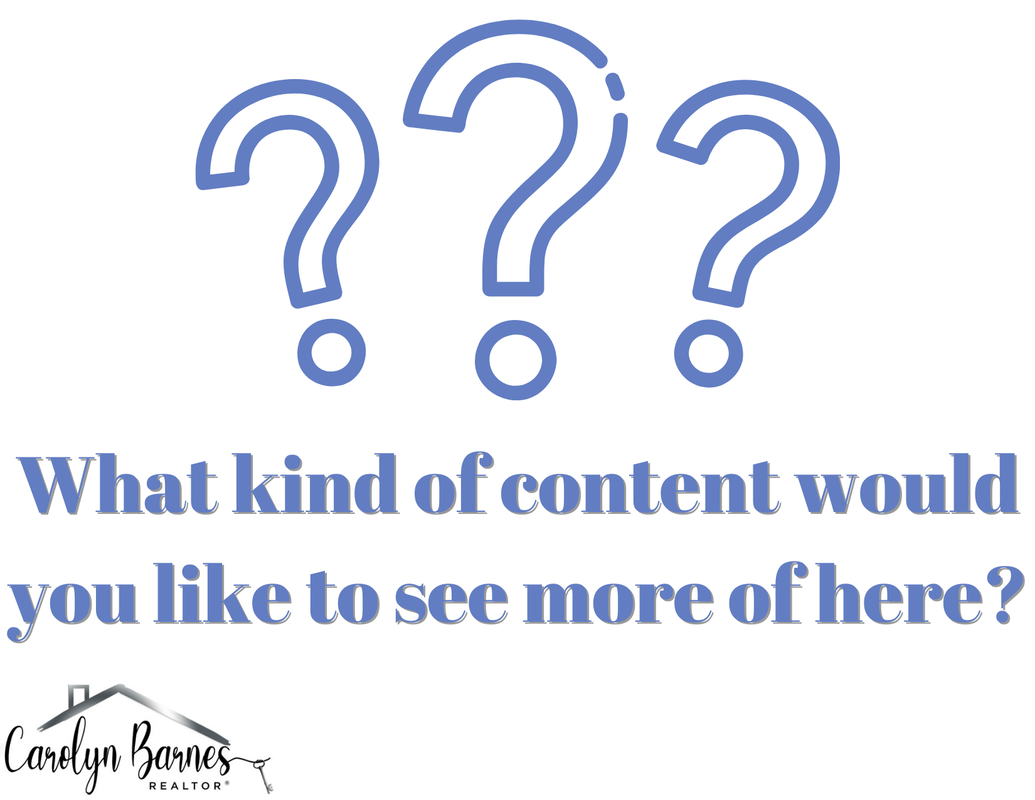|
The process of buying a home is complicated and involves a number of parties, including the buyer, the seller, the buyer's agent, the listing agent, the escrow officer, the lender, the appraiser, the inspector, and sometimes more. The One to Four Residential Contract is eleven pages long, with many points of negotiation, and that's before adding the various required addenda. But you don't have to do it alone! I'm here to help you navigate the home-buying process, setting timeline and budgeting expectations, helping you find the right home, communicating with all interested parties, making sure that deadlines are met, handling all paperwork related to the contract, and offering advice regarding negotiations. Check out the following FAQs to get started on your homebuying journey.1. How much can I afford to spend on a home?Understanding your budget is essential in order to start your home search. To do this, you need to talk with a reputable lender, preferably someone local who knows the market and knows what assistance programs are available, particularly for first-time buyers. Getting pre-approved for a mortgage is crucial before starting your home search. 2. What's the difference between pre-qualification and pre-approval for a mortgage?Pre-qualification is an estimate of what you can afford, while pre-approval is a more detailed analysis by a lender, which makes you a more serious buyer. 3. What is the typical timeline for buying a home?The process can vary, but it usually takes a few months from house hunting to closing. Knowing what you can afford and what you need and want in your new home can help streamline the search process. And knowing the steps involved between making an offer and your closing date can help manage your expectations. Email me to schedule your free buyer consultation! 4. What are closing costs, and how much should I budget for them?Closing costs include various fees and expenses, such as loan origination fees and title insurance. They typically range from 2% to 4% of the home's purchase price. 5. What's a home inspection, and should I get one?A home inspector works for the buyer and assesses a property's condition. Reports are generally quite lengthy and point out all flaws, from the very minor to the major. I highly recommend getting a home inspection to identify potential issues before closing and negotiate repairs if necessary. 6. What's the importance of a good credit score when buying a home?Though less-than-perfect credit is not a deal-breaker in applying for a mortgage, a good credit score can help you qualify for a mortgage with better terms and lower interest rates, potentially saving you thousands of dollars over the life of the loan. 7. What is earnest money and how does it work?Earnest money is a deposit you provide when making an offer to show your commitment. The amount is negotiable, but typically is around 1% of the purchase price. Earnest money is held in escrow and applied to your down payment or closing costs at closing. 8. What are contingencies in a real estate contract?Contingencies are conditions that must be met for the sale to proceed. Common ones include financing, inspection, and appraisal contingencies. For those who are selling their current home and buying a new one, a common contingency is the need to sell their current house before closing on the new one. New programs are available through various lenders that allow sellers to avoid the necessity of this particular contingency. Questions? Ask me now. Remember that real estate transactions can be complex, with many moving parts, so it's essential to seek guidance from professionals before making any decisions. That's what I'm here for! I can help you find the right home and can even recommend reputable lenders, inspectors, and more. Email me to get started!
0 Comments
Leave a Reply. |
Archives
April 2024
Categories
All
Click the photo to claim your free Ultimate Guide to Katy, TX!
Carolyn Barnes, Your REALTOR® & Katy Expert |


 RSS Feed
RSS Feed




